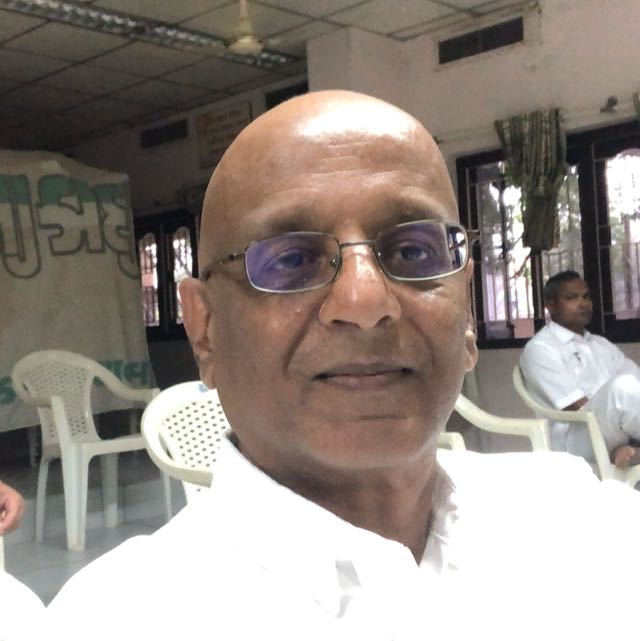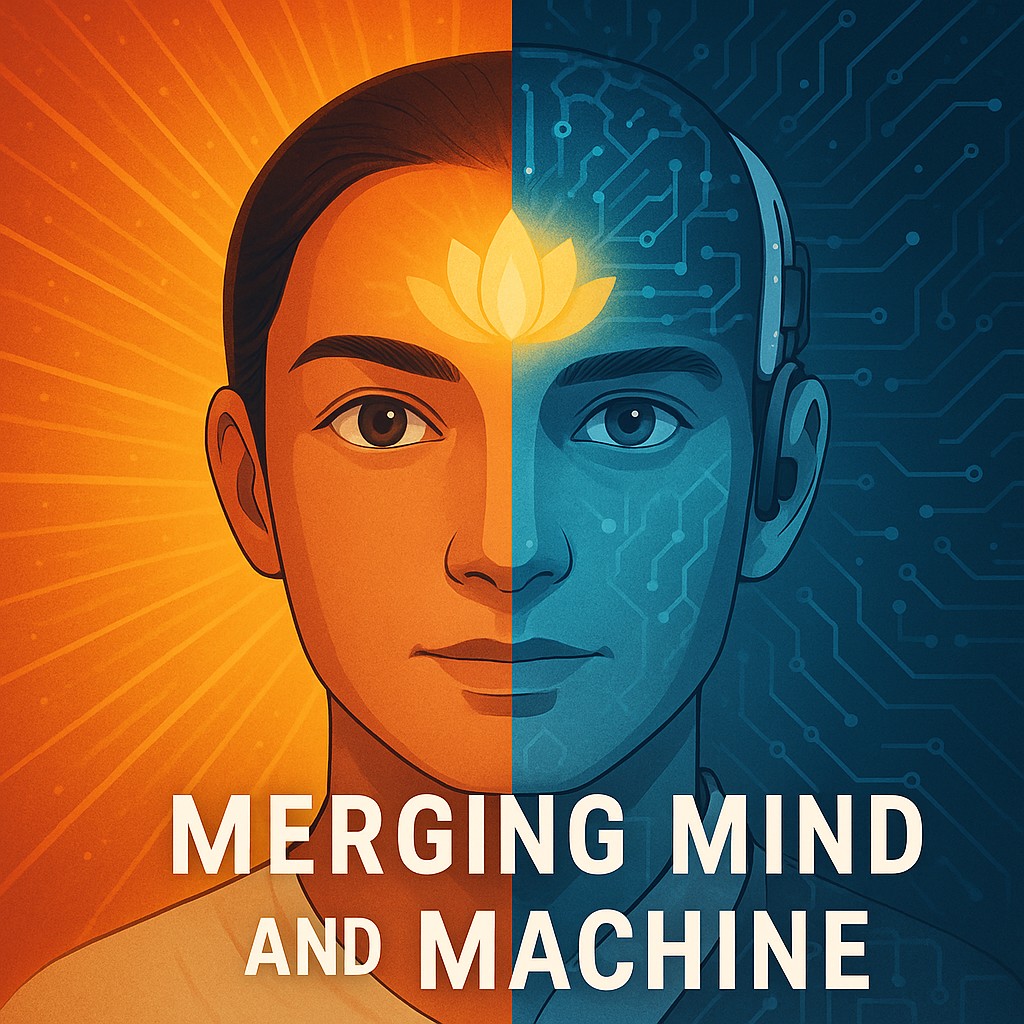
Brain-Computer Interface (BCI) technology represents a monumental leap in how humans interact with machines, allowing thought itself to control digital and physical environments. While this innovation holds vast promise in medicine, communication, and productivity, it also raises questions about human consciousness, inner control, and spiritual well-being. In this article, we explore the benefits of BCIs, their broader value to humanity, and how the practice of Brahma Kumaris meditation can serve as a vital complement—helping maintain inner balance, ethical clarity, and true self-mastery in an increasingly connected world.
The Rise of Brain-Computer Interfaces (BCIs)
Brain-Computer Interfaces (BCIs) are systems that allow direct communication between the human brain and external devices, such as computers, prosthetics, or digital environments. These interfaces decode electrical signals from the brain and convert them into commands—enabling people to use only thoughts to control technological devices.
Originally developed for medical purposes, BCIs have helped paralysed individuals regain control over movement, enabled communication for people with locked-in syndrome, and offered new tools for stroke recovery and neurological rehabilitation. Companies like Synchron, Paradromics, and Elon Musk’s Neuralink are pioneering brain implants that promise faster, more intuitive ways to interact with the digital world.
Beyond medicine, BCIs are opening new frontiers in gaming, education, drone and robotic operation and virtual reality. They may soon enable hands-free computing, mental collaboration, and real-time cognitive feedback, fundamentally altering how humans work and learn. With future advancements, we may even see BCI-based memory augmentation and mood-enhancement applications.
Yet, with all this potential comes a profound paradox. As we increase our ability to control the external world with thought, are we simultaneously losing connection with our inner world? The more we depend on technology to extend our abilities, the more important it becomes to cultivate inner awareness, mental discipline, and spiritual clarity.
This is where the ancient, yet deeply modern, teachings of the Brahma Kumaris offer insight. Their method of Raja Yoga meditation focuses on the consciousness of soul, the Supreme Soul, and inner silence to restore balance and spiritual sovereignty in an increasingly complex world.
Meditation is a form of mental exercise that can be practiced with open eyes. It invites the practitioner to shift awareness from body consciousness to soul consciousness—recognising the self as a being of light, peace, and happiness. In this soul-aware state, one may connect with the Supreme Being to benefit from his pure vibrations.
Unlike BCIs that seek to decode thoughts, Raja Yoga seeks to purify thoughts. The goal is not simply control but transformation—from mental chaos to inner harmony, from fear to love, from ego to humility. This spiritual technology develops concentration, emotional resilience, and a higher moral compass, qualities that are essential in navigating the ethical complexities of AI and neurotechnology.
As BCIs become more sophisticated, the boundaries between the self and the system begin to blur. Thoughts become actionable, and intention becomes influence. But who regulates these thoughts? What is the quality of the mind interfacing with the machine?
This is where meditation can serve as a counterbalance—a grounding practice that ensures the mind remains pure, peaceful, and purpose-driven. Regular practice sharpens the intellect and filters mental noise, making BCI usage more accurate and aligned with original intent. Meditation instills values such as peace, openess, and care—helping ensure BCI technology is used for altruistic, benevolent and non-manipulative, ends For engineers, scientists, and users of BCIs, meditation fosters discernment—encouraging responsible innovation that uplifts humanity and guards against misuse.
The future of human progress will not be defined solely by faster machines or smarter algorithms—it will be shaped by the consciousness guiding those tools. BCIs give us external power, but without inner mastery, that power risks being exploited or becoming addictive.
By integrating exercises like meditation into the development and use of neurotechnology, we can strive for a future that is both technologically advanced and spiritually evolved. The machine may amplify our thoughts, but meditation refines them. Together, they offer a balanced path: power with peace, intelligence with integrity, and control with compassion.
Vijai Sadal is a student of the Brahma Kumaris Raja Yoga Meditation Centre since 1978. He worked as an educator for 10 years and served on the Board of the Inter-Religious Organisation (IRO) and the Council of Prison Chaplains and Ministers (COPCAM). He is also a guest lecturer at the University of the West Indies (UWI), Health Services Unit. As a student of meditation, he shares the means and merits of managing the mind
![]()














